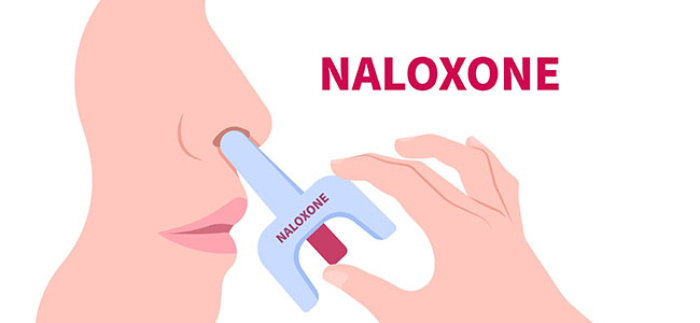FDA Flavored E-Cigarette Approval Dispute: Supreme Court Weighs In
The Supreme Court recently heard arguments regarding the Food and Drug Administration’s (FDA) denial of approval for flavored e-cigarettes, raising crucial questions about public health and regulatory practices. At the heart of the case is whether the FDA’s refusal to approve these products violates the Administrative Procedure Act, a federal law that dictates how agencies must handle regulatory decisions.
Flavored e-cigarettes have been under scrutiny for their potential appeal to younger audiences. The FDA has consistently refused to approve such products, citing the concern that they might encourage adolescent tobacco use, a problem that has been a growing concern in recent years. The two companies involved, Triton Distribution and Vapestasia, argue that their flavored vapes could serve as smoking cessation tools, potentially helping adult smokers quit traditional cigarettes. These companies have filed multiple lawsuits across the country, challenging the FDA’s stance.
In the Supreme Court hearing, several justices expressed doubts over the FDA’s methods, questioning whether the agency had changed its evaluation criteria mid-process. Triton and Vapestasia’s legal teams claim that the FDA failed to provide adequate notice regarding the evidence needed to approve flavored e-cigarettes. The companies argue that they were not given fair warning on the FDA’s evolving standards for such approvals.
Justice Brett Kavanaugh, while leaning toward supporting the FDA’s position, seemed to recognize the complexity of the issue. He highlighted the FDA’s clear and consistent stance on the potential harms posed by flavored vapes, especially in regard to youth use. The central legal issue now is whether the FDA violated its obligations under the Administrative Procedure Act by altering its decision-making process during the review of these applications.
The outcome of this case could have significant implications for the future of e-cigarette regulation, particularly in the context of flavored products. If the Court rules in favor of the companies, it could lead to a reconsideration of how the FDA approaches flavored tobacco products, potentially opening the door for more widespread approval. On the other hand, a ruling in favor of the FDA could affirm the agency’s authority to regulate flavored vapes and reinforce its focus on protecting public health, especially for young people.
Commentary by YourDailyFit columnist Alice Winters

The ongoing battle over flavored e-cigarettes encapsulates the tension between regulatory oversight and market forces, especially in a landscape where consumer preferences are constantly evolving. In examining this case, the FDA’s actions reflect a broader concern about public health, particularly regarding youth tobacco use. Yet, the question of whether the FDA has overstepped by not providing sufficient clarity and transparency in its approval process for flavored vapes is a legitimate one.
One of the main points raised in the case—whether the FDA altered its standards mid-procedure—is particularly critical. Regulatory bodies must maintain consistency to ensure fairness, and if the FDA did change its approach without proper communication, it could undermine public trust in the agency’s decision-making. However, the core of the FDA’s argument remains centered around the potential dangers of flavored e-cigarettes, which are often seen as gateways to nicotine addiction, especially for younger individuals.
The debate surrounding flavored e-cigarettes also highlights the complicated relationship between harm reduction strategies and public health risks. While some argue that these products can help adult smokers quit traditional cigarettes, the flip side of that argument is the fear that younger, non-smokers may be drawn into vaping due to the attractive flavors. The FDA’s mission is to balance these competing interests, but it remains a difficult task.
A critical aspect to consider is the role of the FDA in setting long-term policy on tobacco products, including e-cigarettes. The agency’s decisions are not made in a vacuum; they are shaped by the need to safeguard public health, especially for vulnerable populations. However, a more transparent process, one that clearly communicates the criteria for approval, would likely help prevent legal challenges and increase consumer confidence.
As the case moves forward, it will be interesting to see whether the Court sides with the FDA’s position or whether it finds that the agency has overreached. Regardless of the outcome, the broader implications of this case will influence how both consumers and manufacturers approach the e-cigarette market in the years to come.



